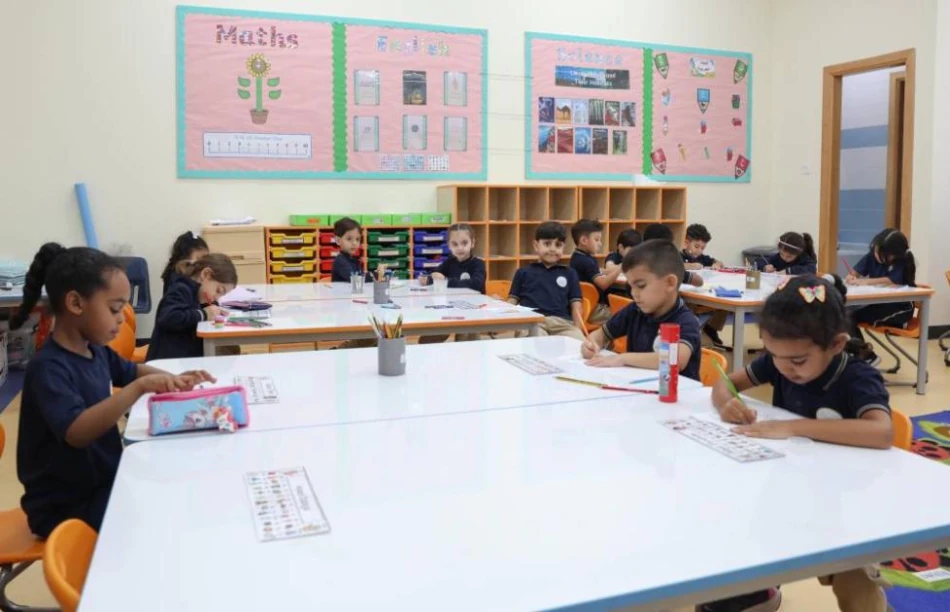
Ministry Mandates Original Packaging for Children's Medicines
Abu Dhabi Tightens Medication Safety Rules for Early Childhood Centers
Abu Dhabi's Department of Education and Knowledge has introduced stringent new medication protocols for early childhood education centers, requiring all prescribed drugs to arrive in original packaging with complete pharmaceutical documentation. The comprehensive policy, which takes effect in the 2025-2026 academic year, reflects growing global concerns about medication safety in educational settings and positions the emirate as a leader in child welfare standards.
Strict Packaging and Documentation Requirements
Under the new regulations, early childhood institutions must reject any prescribed medications that don't meet specific criteria. All drugs must arrive in their original containers bearing manufacturing dates, expiration dates, and the dispensing pharmacist's name. Clear storage instructions must accompany each medication to ensure proper handling.
The policy prohibits staff from mixing medications into children's food or bottles unless explicitly instructed by the prescribing healthcare provider or manufacturer. Only licensed nurses or specifically authorized personnel can administer medications, and institutions must track opening dates of all medication containers to prevent expired drug use.
Over-the-Counter Medication Guidelines
Starting with the 2025-2026 school year, centers must establish formal policies governing non-prescription medications. These drugs can only be administered during health emergencies or physical injuries, and must be age-appropriate for each child.
Written parental consent becomes mandatory for all over-the-counter medications, with documentation clearly stating any known allergies. Parents must receive immediate notification when medications are administered, and all dosing must follow recommended guidelines.
Emergency Preparedness Standards
The Department of Health has approved specific non-prescription medications that institutions must keep on-site for emergency situations. Centers must coordinate with nearby clinics or hospitals for emergency treatment protocols, though they may establish their own licensed medical facilities staffed by registered nurses.
Seven-Point Policy Framework
The comprehensive medication policy requires seven essential elements: parental consent procedures, medication administration conditions, staff authorization and training, administration protocols, record-keeping systems, proper storage methods, and parent communication channels.
Only licensed nurses or specially authorized staff can handle prescription medications, though nursing staff remains optional based on health authority guidelines. This creates a clear chain of responsibility while maintaining flexibility for different institutional sizes.
Regional Leadership in Child Safety
Abu Dhabi's move reflects broader trends across the Gulf region toward enhanced educational safety standards. The UAE has consistently positioned itself ahead of regional peers in implementing comprehensive child protection measures, following similar patterns seen in Singapore and other developed education systems.
The timing coincides with increased global scrutiny of medication errors in educational settings, where studies show administrative mistakes occur more frequently in environments lacking formal protocols. By requiring pharmaceutical-grade documentation and limiting handling to trained personnel, Abu Dhabi addresses key risk factors identified in international safety research.
Implementation Challenges and Opportunities
The policy creates both compliance costs and competitive advantages for early childhood centers. Institutions investing in licensed nursing staff and comprehensive training programs will likely attract safety-conscious parents, while those struggling with implementation may face enrollment pressures.
The requirement for original packaging and complete documentation may initially burden parents and healthcare providers, but establishes accountability standards that could reduce liability risks for educational institutions. Centers that proactively exceed minimum requirements may find themselves better positioned in Abu Dhabi's competitive early childhood education market.
Most Viewed News

 Omar Rahman
Omar Rahman






